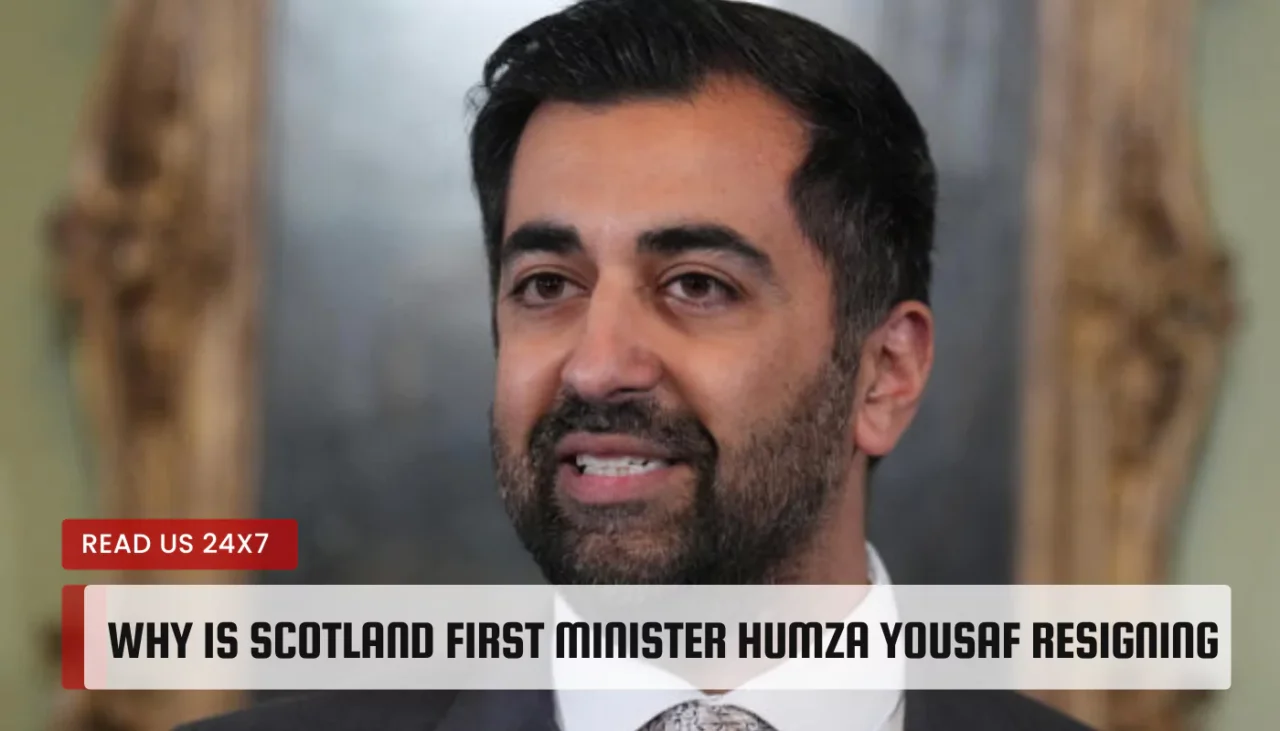Scotland’s First Minister, Humza Yousaf, has recently announced his resignation, sending shockwaves through the political landscape. But what led to this decision? Let’s delve into the background and reasons behind Yousaf’s departure.
Background of Humza Yousaf’s Resignation
Conflicts over Climate Change and Gender Identity
Yousaf’s tenure has been marked by intense debates over climate change policies and gender identity issues. His stance on these matters often clashed with other members of the Scottish National Party (SNP) and even caused friction within the government. As First Minister, he faced mounting pressure to find common ground and build consensus, but the divisions persisted.
Weakened Government
The SNP-led government has faced challenges in recent months. Internal disagreements, coupled with external pressures, have weakened its ability to govern effectively. Yousaf’s leadership was put to the test as he grappled with maintaining stability while navigating complex policy decisions. Unfortunately, the strain proved too much, leading to his decision to step down.
Reasons for Resignation
Facing Defeat in Confidence Votes
Yousaf’s resignation comes after a series of confidence votes in the Scottish Parliament. Despite his best efforts, he failed to secure the necessary support from fellow lawmakers. The mounting dissent eroded his position and left him with no choice but to tender his resignation. His departure highlights the fragility of the current political landscape in Scotland.
Putting SNP and Scotland First
In his resignation statement, Yousaf emphasized his commitment to the SNP and Scotland’s best interests. He acknowledged that stepping down was necessary to prevent further division within the party and to allow for fresh leadership. By prioritizing the greater cause over personal ambitions, Yousaf demonstrated a rare sense of responsibility.
Impact of Resignation
Boost for UK’s Labour Party
With Yousaf’s departure, the UK’s Labour Party sees an opportunity to gain ground in Scotland. The SNP’s internal strife could lead some voters to consider alternative options. Labour hopes to capitalize on this moment and strengthen its position in Scottish politics.
Uncertainty in Scottish Politics
Yousaf’s resignation injects uncertainty into an already volatile political environment. The search for a new First Minister will undoubtedly shape Scotland’s future trajectory. As parties jostle for power, citizens are left wondering what lies ahead.
Conclusion
Humza Yousaf’s resignation reverberates beyond party lines. It underscores the challenges faced by leaders in a polarized world. As Scotland adjusts to this seismic shift, the nation must grapple with the consequences and forge a path forward. Only time will reveal the true impact of Yousaf’s decision, but one thing remains clear: change is inevitable, and Scotland’s political landscape continues to evolve.


